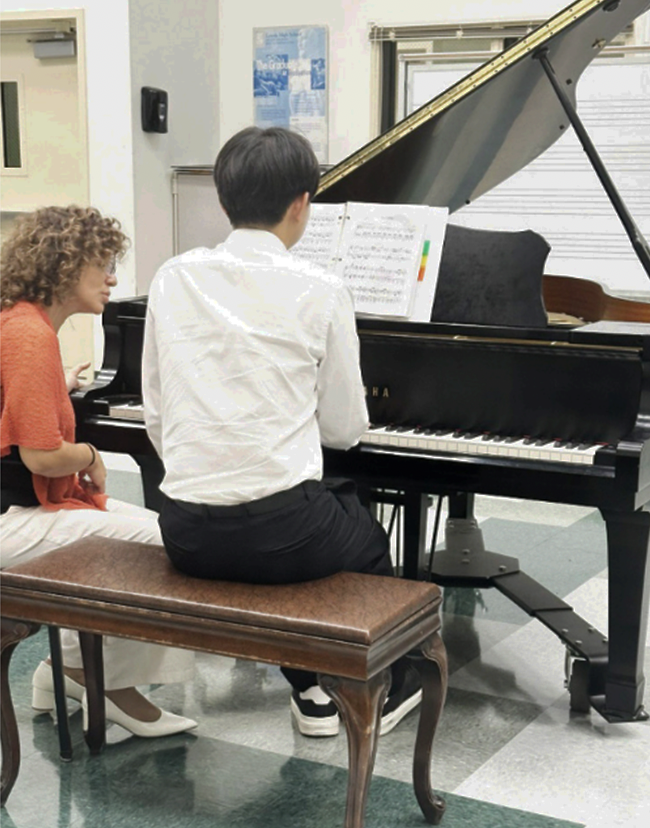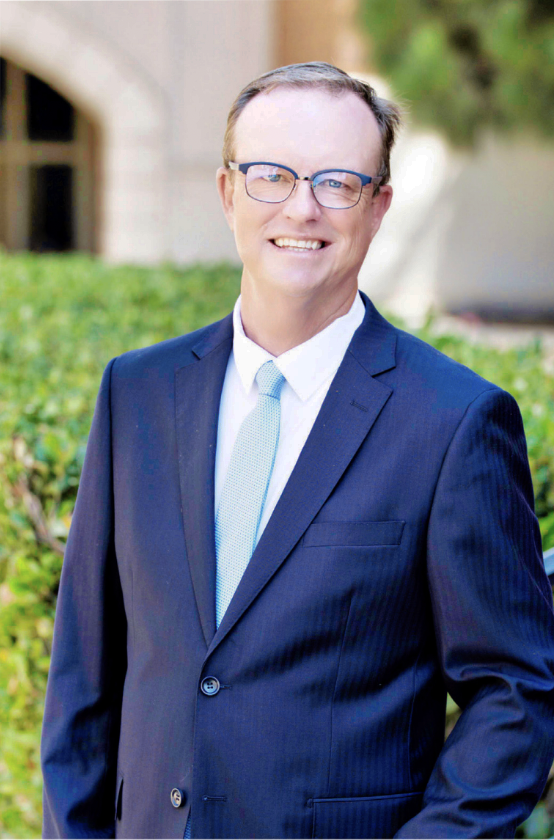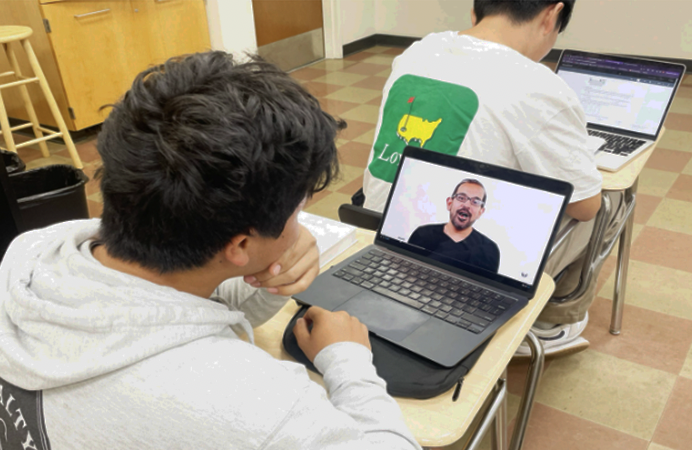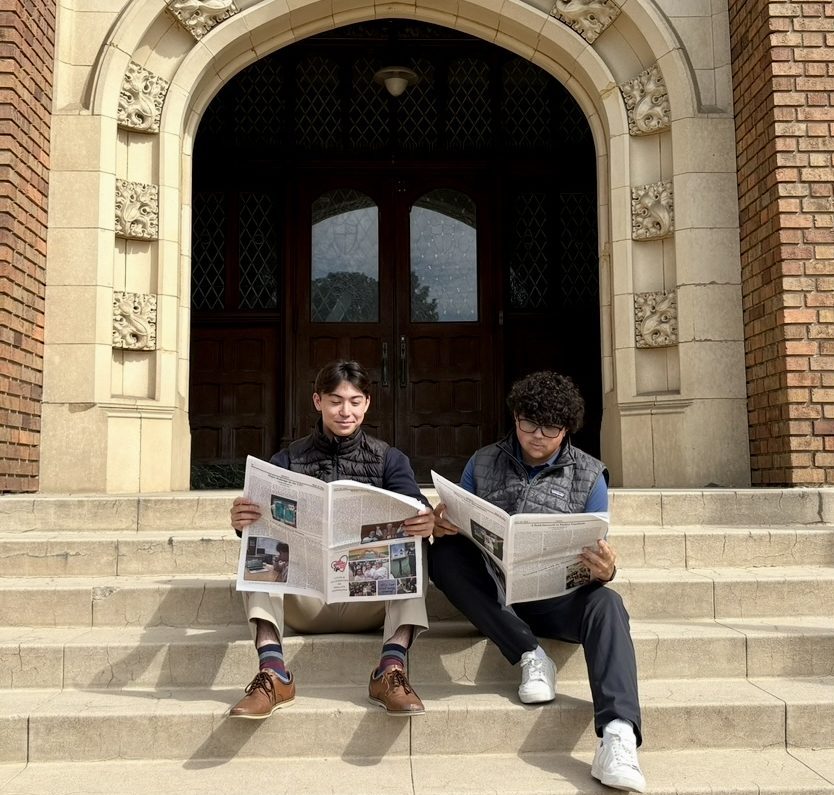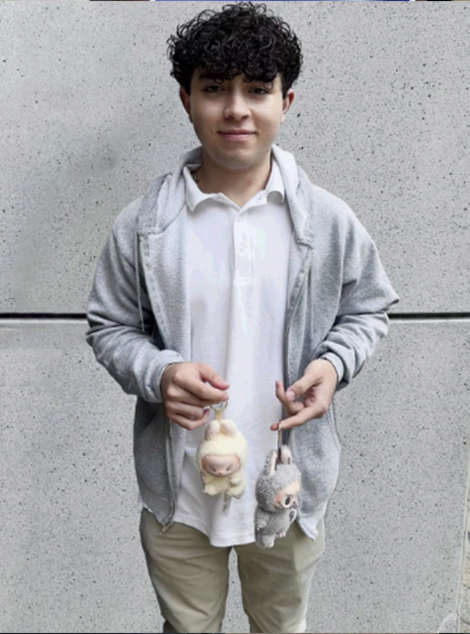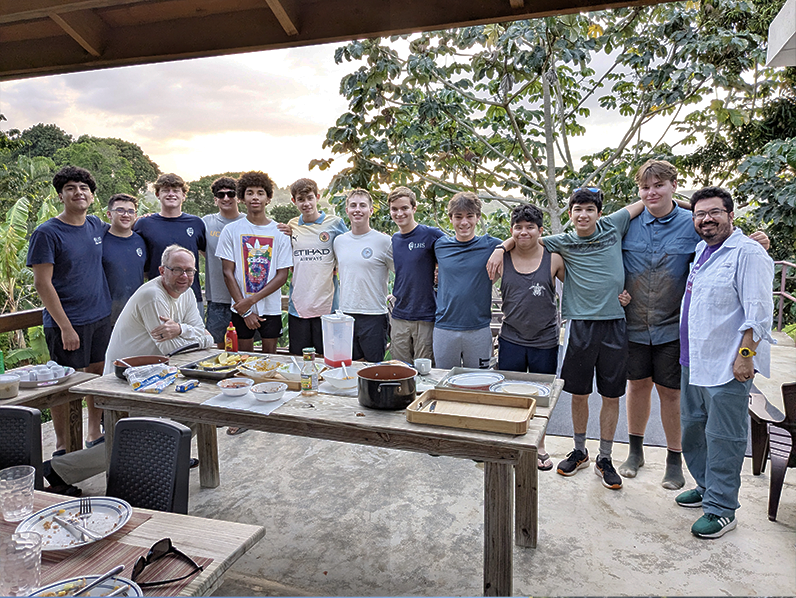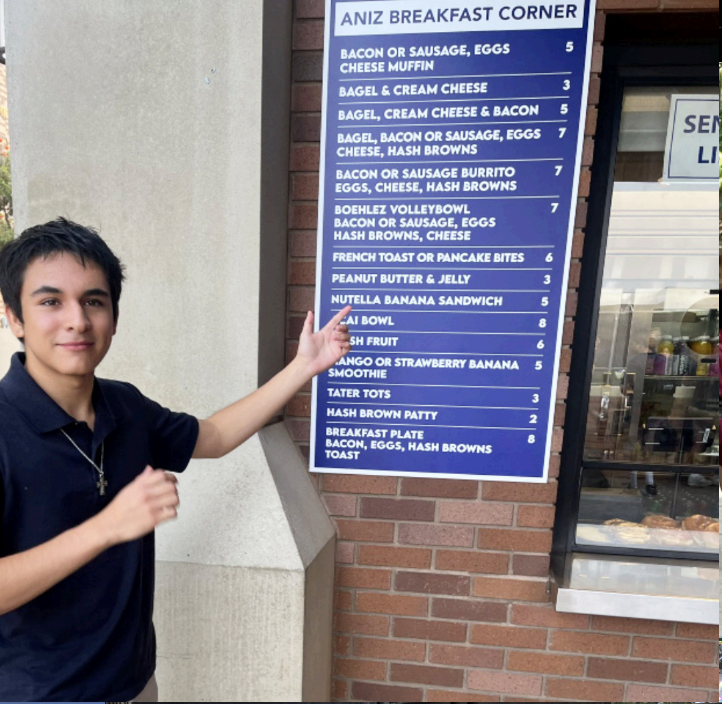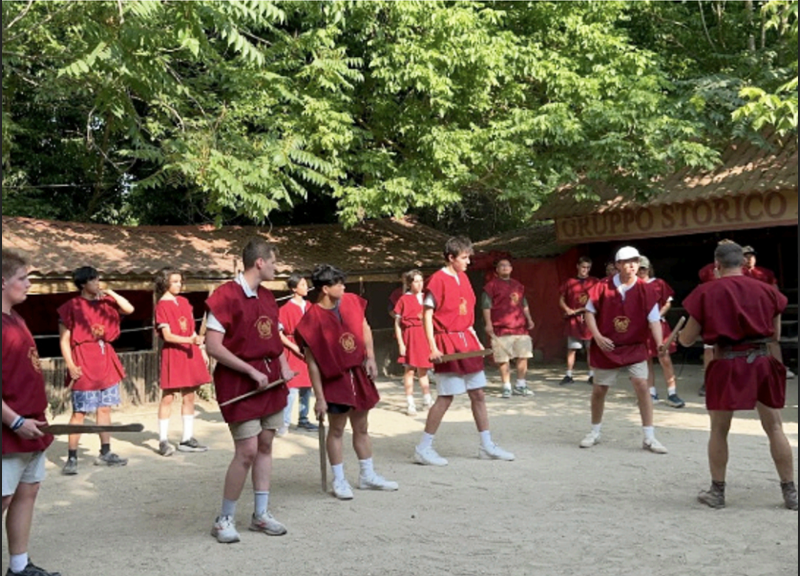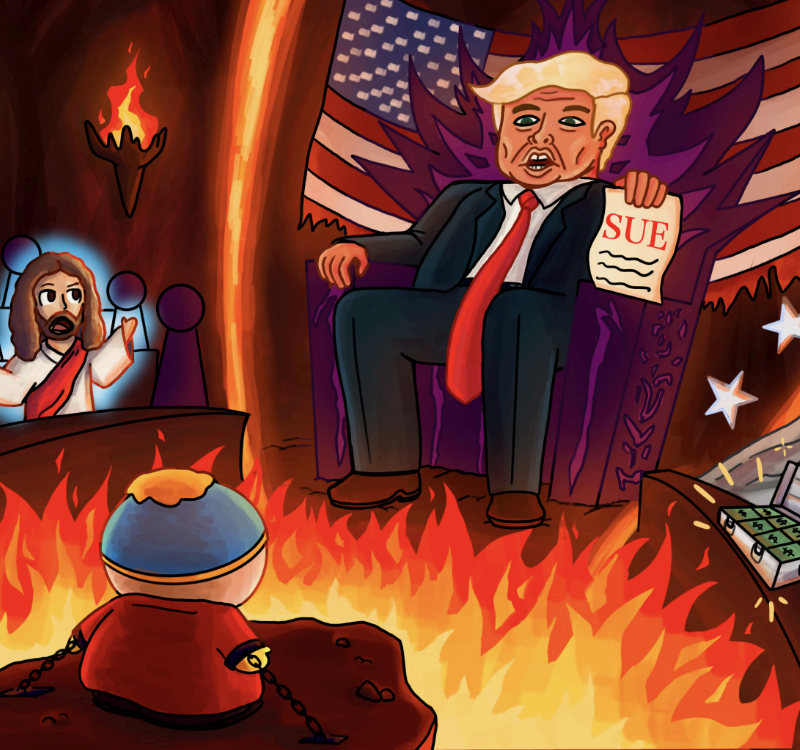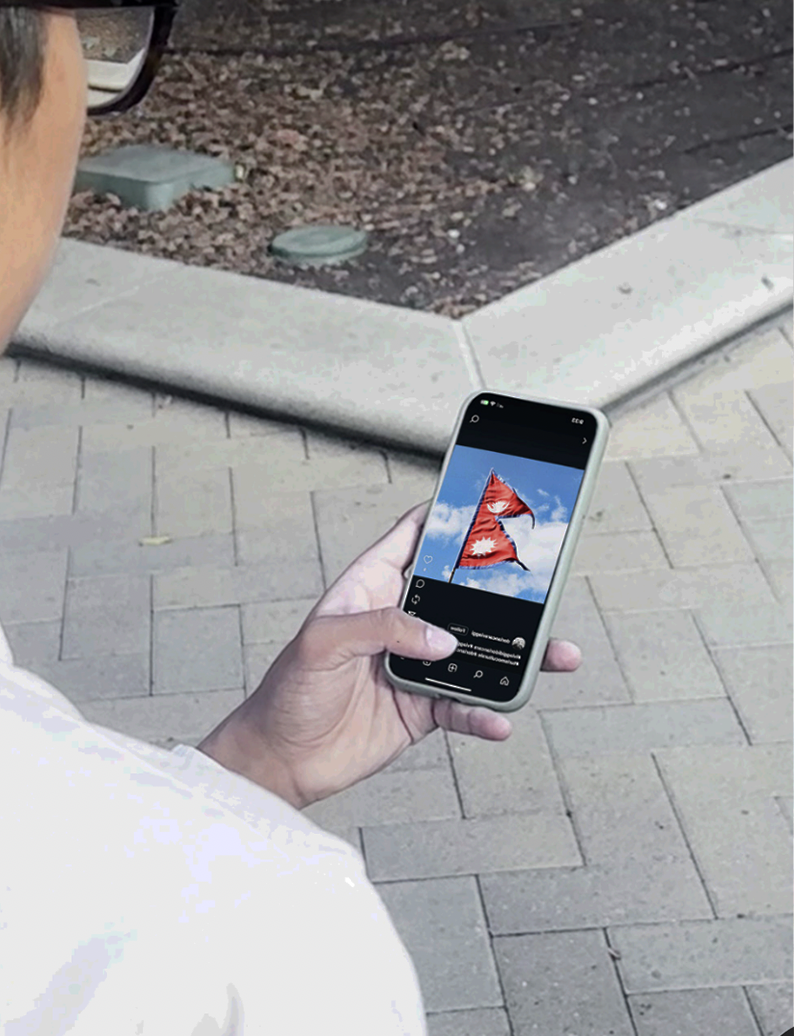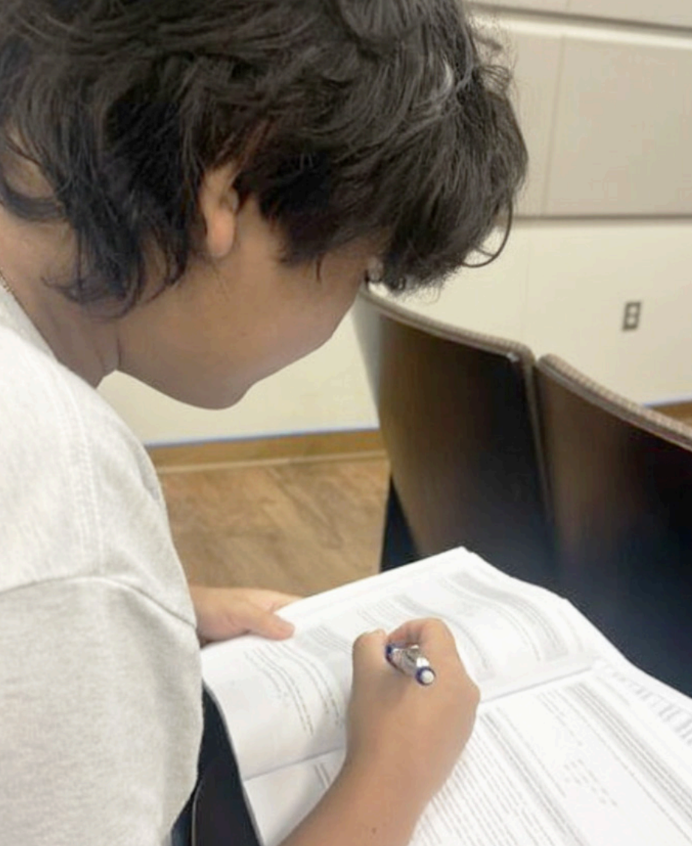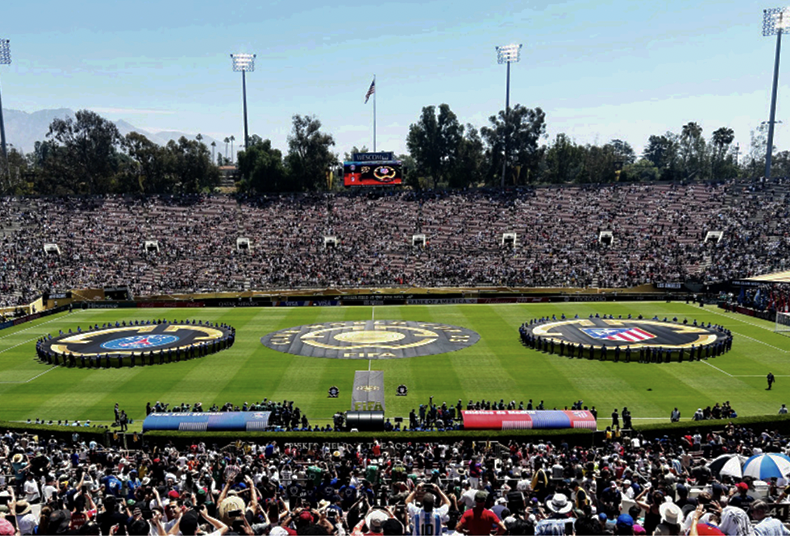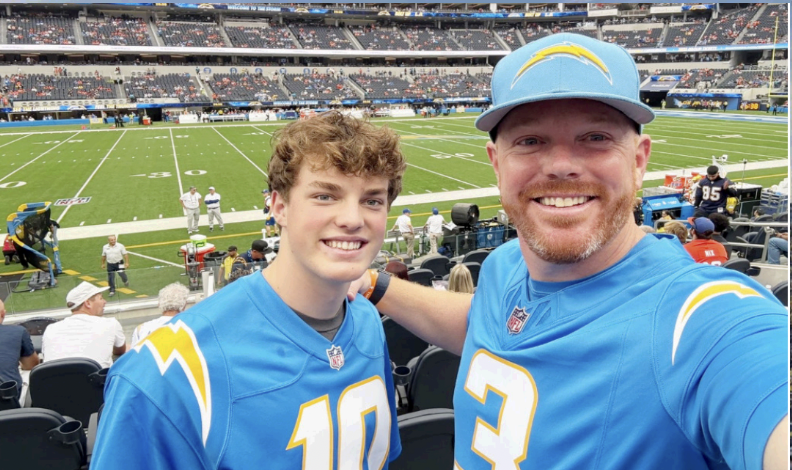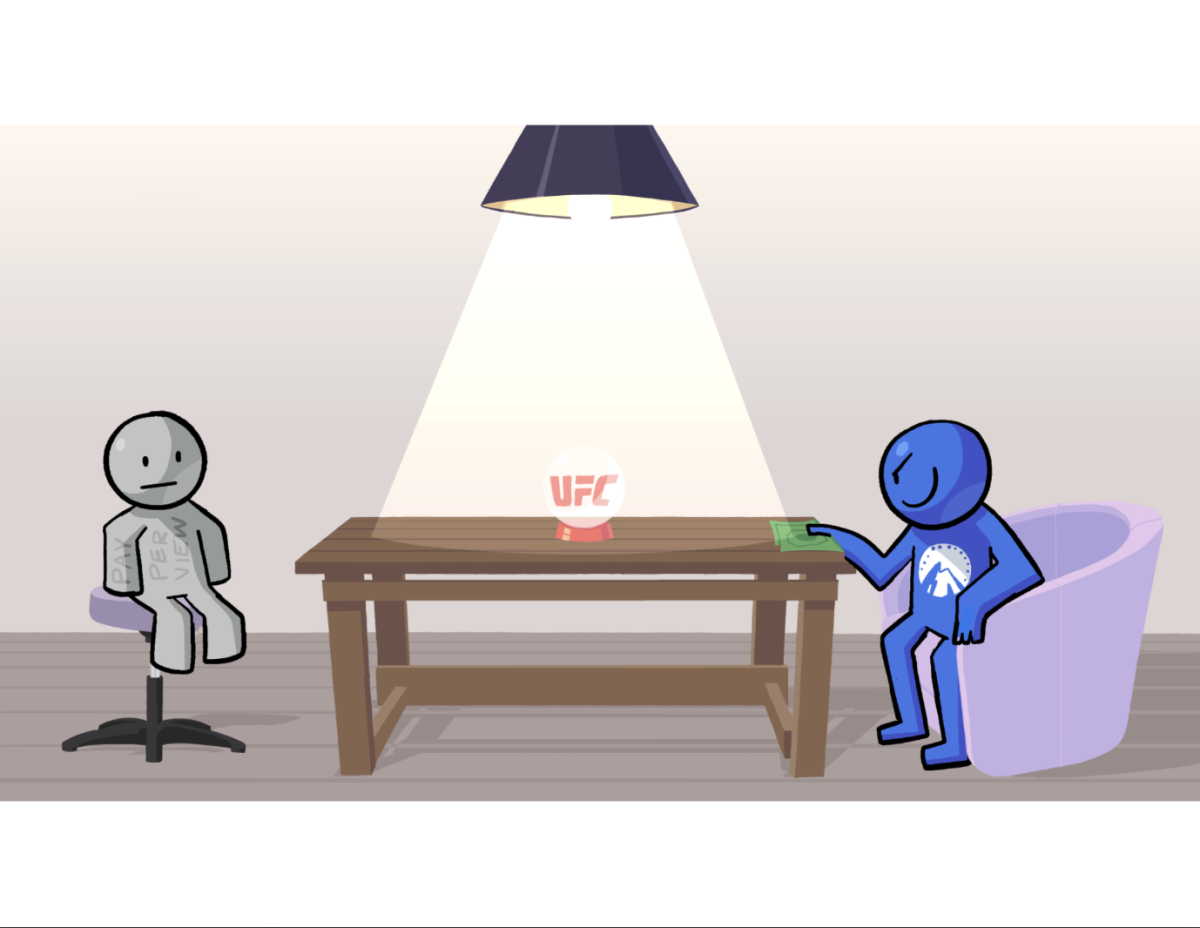Students at Loyola are constantly reminded that its mission is to create “men for and with others”; however, this mission extends beyond the Senior Service Project or mandatory service hours. Politics is where values become action, and law mirrors morality. Political understanding lies within Loyola’s mission, calling students to engage critically with the world around them. After all, the very term “social justice” was coined by Jesuit scholar Luigi Taparelli in the 19th century.
To speak of social justice while ignoring politics is to speak in half-truths. At their core, major political issues, from immigration to climate change to healthcare and education, are moral issues, as these areas of policy determine who in America has dignity, access and equity. When one chooses to ignore the injustices the vulnerable face, the issues do not disappear; rather, those in power “resolve” them without any pressure to ensure justice.
When teenagers undergo an education, such as that at Loyola, focused on justice and conscience, political awareness is required to prevent others from shaping society without their voice at the table.
To encourage this, Loyola offers a great deal in terms of connecting politics to morality. Political clubs for discussion, the Speech and Debate team, theology classes and the Center for Service and Justice provide students with the opportunity to understand the practical connection between civic duty and responsibility. Even the Opinion section of The Loyalist and casual conversations between peers contribute to the political education of our community.
However, these are treated as extracurriculars rather than as channels to confront injustice directly. If disconnected from politics, service risks becoming charity without change, and if students are to live the Jesuit call to justice, they must treat politics as a form of service.
This work is already beginning; the Loyola High School Democrats chapter has launched a podcast to engage students in digestible conversations on the current political climate, as well as raise awareness on current systemic issues. “Our generation can’t afford to separate service from politics,” said vice president and co-founder of Loyola’s High School Democrats chapter Ethan Dumper ’27. “Ignoring politics means we’re letting others decide the future for us, and that’s why we launched our left-wing focused podcast.”
The podcast is only one example, but it is evidence of how students can take initiative to educate themselves and each other when institutions fall short.
The political and systemic issues this student body and the rest of the world face—climate collapse, inequity, the corrosion of democracy, the rise of fascism—are inseparable from one’s political choice. Therefore, living Loyola’s mission is not about partisan allegiance but about becoming leaders who recognize injustice and confront it with moral clarity.
To be “men for and with others” means not simply serving the world as it is, but fighting for the world as it should be.




